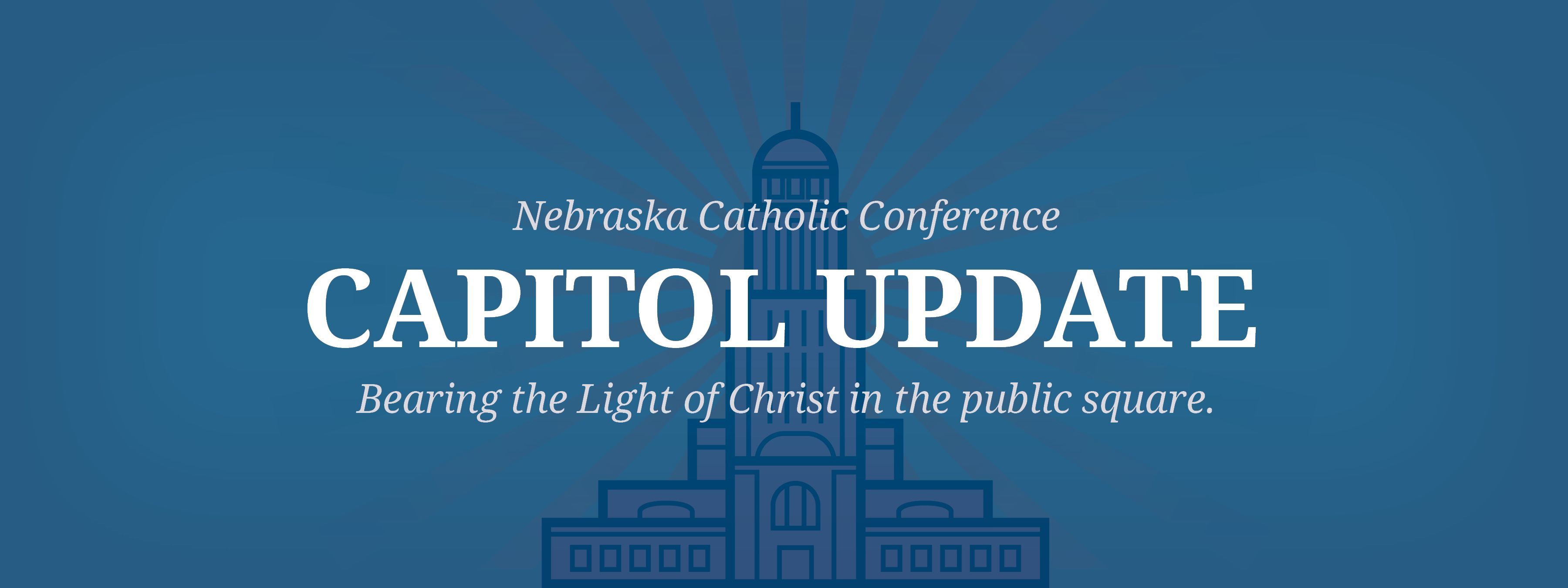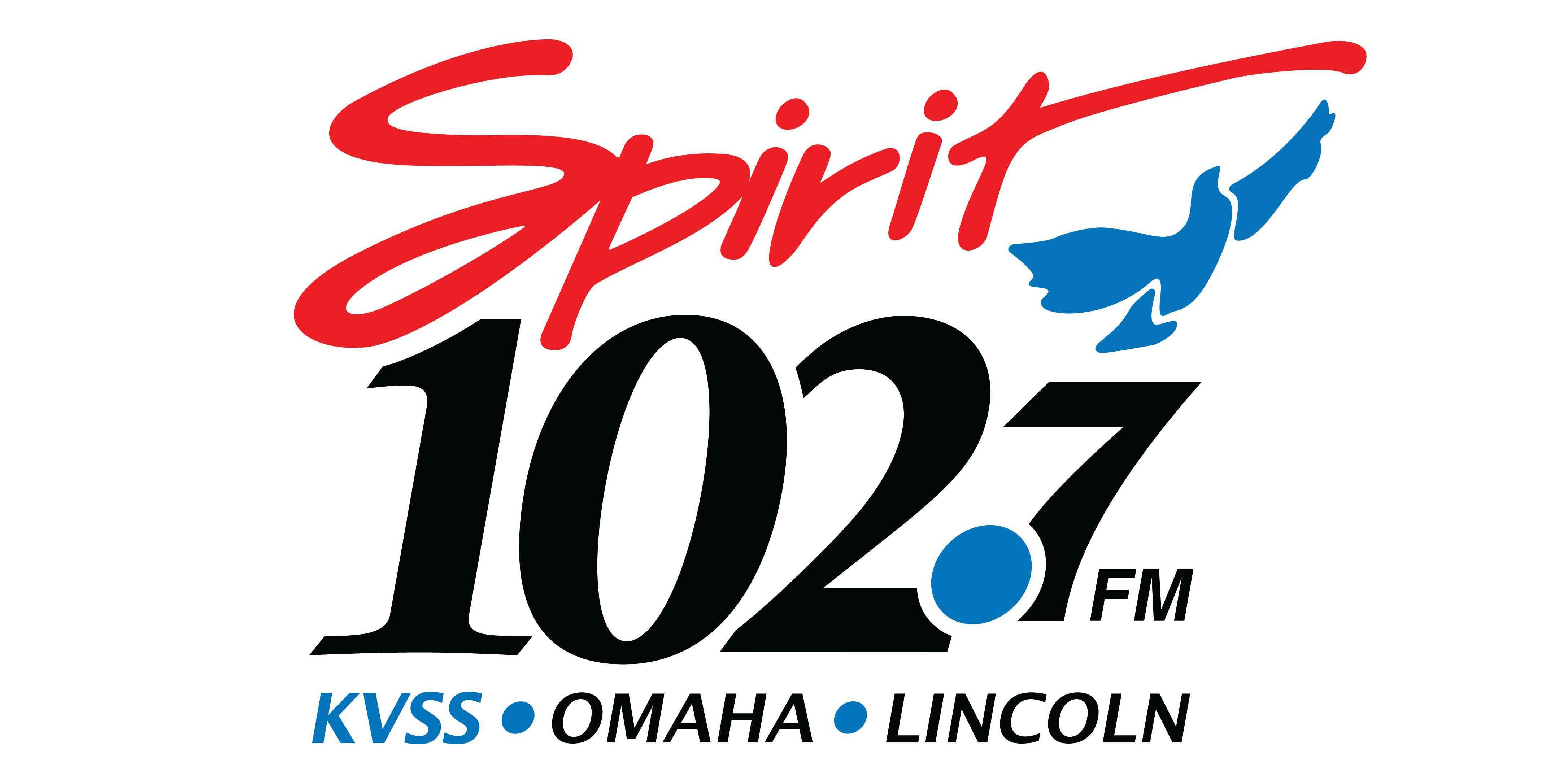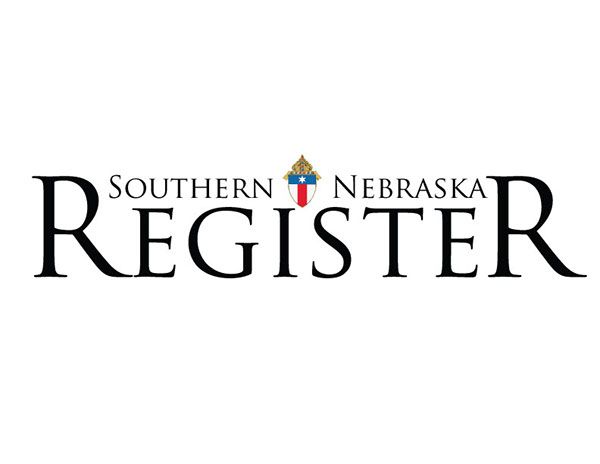Ready or not, here it is: Election Season!
Nov. 8 (Election Day) doesn’t sound like it’s right around the corner, but for many people—particularly, candidates running for public office—it is. Political candidates are feeling the pressures of time and resources, asking themselves how many doors can they knock on yet and how many flyers, mailers, and ads can they still squeeze in. They are counting down the days until ballots are cast and their fates—after countless hours of campaigning—are decided by family, friends, community members, and otherwise complete strangers.
Already you have likely received mailers, voter guides, leave-behinds, e-mails, and candidates knocking on your door. Each one of these campaign efforts is somebody vying for your support so they can bring their values to whatever elected office it is they are looking to fill.
The question is: are you ready? And, what can you do to be better prepared for this election cycle?
In this column, I want to offer some preliminary tips as you prepare for this General Election cycle. And over the course of the next six weeks we will discuss the theme of faithful citizenship (which I will use in this context as shorthand for what it means to be a morally responsible Catholic during an election cycle).
My first tip is do not dismiss the fact that this is a mid-term election cycle. Far too often, Americans—Catholics included—think mid-term elections aren’t a big deal. After all, as folks are apt to think, ‘it’s not like we are voting for the president.’ This attitude is a symptom of a larger political disease which overly focuses on national politics, and blinds us to the importance of state and local politics. It’s an understandable symptom since most of the media outlets we pay attention to are focused on the national political theater and rarely talk about what’s going on in our own backyard.
But, even when a president isn’t on the ballot, pay attention to who is running for office. I would even argue that it is precisely when the president isn’t on the ballot that we should pay most attention, because we are voting on political candidates who will have the most effect on our day-to-day lives.
Second, it is critical to be aware of the timeline of this election cycle. Nov. 8 is General Election Day, which is when most people visit their polling places and cast their votes. However, in the last several election cycles, there has been a major increase in early voting—and this election cycle will be no different. If anything, early voting is only becoming more popular. Early voting either occurs by mail or by voting at your local election commission office.
Early ballots will be distributed, for those who have requested, beginning Monday, Oct. 4. If you want to vote by mail, it is suggested you request your ballot by Friday, Oct. 14. To vote early in-person, you can begin Tuesday, Oct. 11 and the deadline for voting early in-person is Monday, Nov. 7.
But you might be saying: what if I’m not even registered to vote? If you aren’t registered, then register. You can register online but must do so by Friday, Oct. 21. Or you can register in-person at your local election commission office but must do so by Friday, Oct. 28.
Third, start taking inventory of the candidates who will appear on the ballot. Obtain a sample ballot from the Secretary of State or your local election commission. Get to know which candidates are running, as well as the ballot initiatives up for debate.
Finally, pray! Pray for all the candidates and issues on the ballot. As St. Paul says in his Letter to the Romans: “Let every person be subject to governing authorities; for there is no authority except from God, and those authorities that exist have been instituted by God.” Pray that those seeking public authority would do so in accord with the Spirit of God.
Next time around we will talk about how to handle candidates who come knocking at your door. In the meantime, continue bearing the light of Christ in the public square!







